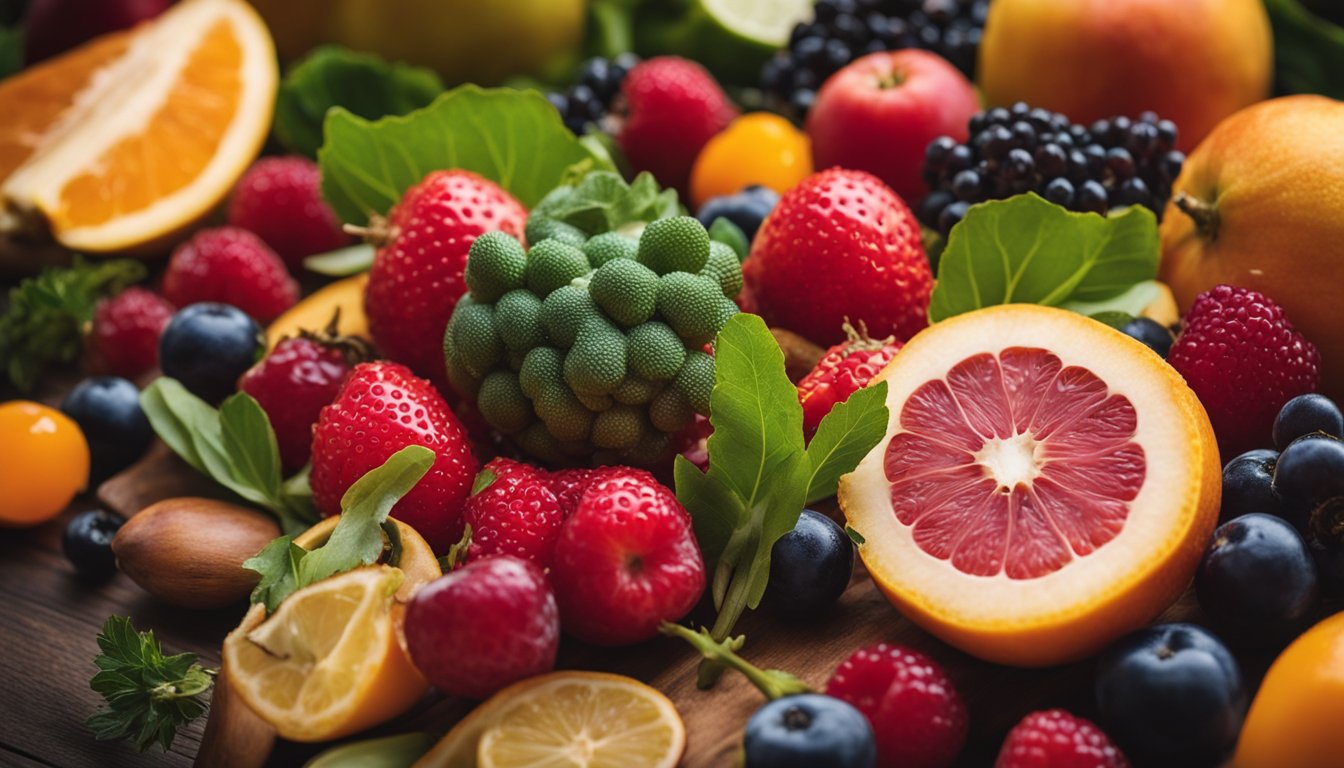
Why Is Your Hair Thinning?
To effectively tackle thinning hair, it’s important to understand the reasons behind it.
While genetics play a significant role—especially in conditions like androgenetic alopecia, commonly known as hereditary hair loss—they are just one piece of the complex puzzle.
Physical and emotional stress can disrupt your hair’s natural growth cycle, leading to increased shedding.
Similarly, hormonal shifts due to pregnancy, menopause, or even changes in birth control can have a profound impact on your hair’s vitality.
Additionally, your diet is key.
If your meals lean heavily on convenience and skip vital nutrients, you might be missing out on essential vitamins and minerals like iron, biotin, and zinc.
A lack of these nutrients weakens your hair, making it prone to breakage.
Excessive heat styling, wearing tight hairstyles, and using harsh chemical treatments further compound the issue, creating the perfect storm for hair thinning.
Tackling the Problem at Its Roots
To address thinning hair effectively, you need to focus on the foundation—your scalp.
Selecting a specialized shampoo for thinning hair can make a world of difference.
These shampoos not only cleanse but also nourish your scalp and strengthen hair follicles, setting the stage for healthier hair growth.
Look for formulas containing effective ingredients like keratin, biotin, or niacin.
Avoid products that strip your hair of natural oils, as this can lead to dryness and irritation.
Remember, consistency is key.
Transitioning to a specialized shampoo may not yield immediate results, but with dedication, you’ll likely start noticing improvements in your scalp health and overall hair appearance over time.
Incorporating gentle scalp massages during washes can also boost blood flow to the follicles, giving your hair some extra love.
The Impact of Stress Reduction
While it may seem simplistic, reducing stress can significantly improve your hair health.
Chronic stress often causes hair follicles to enter a dormant phase, slowing growth and promoting hair loss.
If stress seems tied to your thinning hair, focusing on self-care can make a positive difference.
Engaging in activities like meditation, regular exercise, and taking breaks throughout your day can help lower cortisol levels and enhance your overall well-being.
While managing stress won’t instantly restore lost hair, it can prevent further thinning and create a healthier environment for growth—essentially giving your hair a chance to flourish.
Thinning hair can sneak up on us out of nowhere.
One day, you’re enjoying your full, vibrant locks, and the next, you find clumps of hair on your brush and a noticeably thinner mane.
For many, this experience is tied to genetics, while for others, it may spring from a mix of stress, lifestyle choices, and environmental factors.
Regardless of the root cause, watching your hairline recede or noticing a wider parting can feel discouraging.
But take heart: thinning hair doesn’t have to diminish your self-image or self-esteem.
Let’s delve into the causes and explore how to embrace the journey toward fuller, healthier hair.
Let’s face it: many of us take our hair for granted, treating it as if it can withstand anything.
Unfortunately, common routines—like frequent heat styling, tight ponytails, and insufficient scalp hygiene—can cause more harm than we realize.
The way you wash and dry your hair is just as critical.
Washing with hot water, using rough drying methods, and selecting the wrong products can lead to significant damage.
Your scalp needs attention too.
Neglecting it or overloading it with product can clog follicles and hinder growth.
Stress is another crucial element that should not be underestimated.
Chronic stress can elevate cortisol levels, which may disrupt the hair growth cycle, pushing healthy strands into a shedding phase.
If you’ve noticed a decline in your hair’s fullness during stressful periods, this might explain it.
Consider your scalp the bedrock of your hair’s health.
If it’s not in good shape, your hair’s growth potential can be compromised.
Conditions like irritation, flakiness, or excessive oiliness can stifle hair growth, giving it a thinner appearance.
Thus, it’s vital to prioritize scalp care for a thriving mane.
Exfoliating your scalp might be a game-changer.
Over time, product buildup and dead skin cells can accumulate, blocking hair follicles and hindering hair growth.
A good quality scalp scrub or treatment can clear this buildup, allowing your hair to flourish.
Hydration is equally important.
Just like your skin needs moisture, your scalp craves nourishment.
Lightly applying oils like argan or jojoba can work wonders.
Since hair is made primarily of protein, ensuring your diet contains adequate amounts is essential.
However, protein isn’t the only nutrient your hair craves.
Iron is crucial for delivering oxygen to hair follicles, while biotin strengthens keratin, the structural component of hair.
Omega-3 fatty acids help keep your scalp hydrated, and zinc promotes repair and growth.
If you prefer real food over supplements, you’re in luck! Nutrient-rich foods such as eggs, salmon, spinach, nuts, and seeds can provide your hair with the nutrition it desires.
For those following a vegan or vegetarian lifestyle, there are plenty of plant-based options that can meet your hair’s needs.
A balanced diet can keep both your body and hair in optimal condition.
Thinning hair isn’t a sign of defeat; it offers a chance for renewal and growth.
By addressing the root causes, adjusting your daily habits, and prioritizing the health of your scalp and hair, you can pave a path toward stronger, more vibrant locks.
Patience and consistent care are necessary, and while results may take time, the process is definitely worthwhile.
Always keep in mind that your hair is a part of your identity, but it doesn’t solely define you.
True confidence comes from within, and your beauty radiates from how you perceive yourself rather than just your appearance.
Embrace this empowering journey, knowing that every small step you take toward healthier hair can elevate your spirit and self-esteem.
Source: Art of Healthy Living

